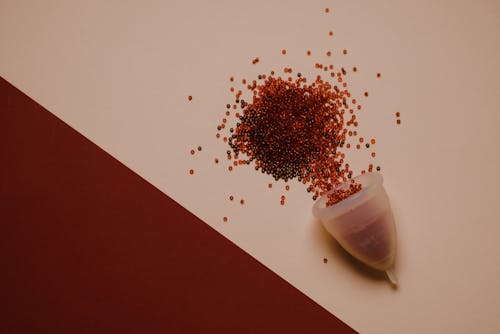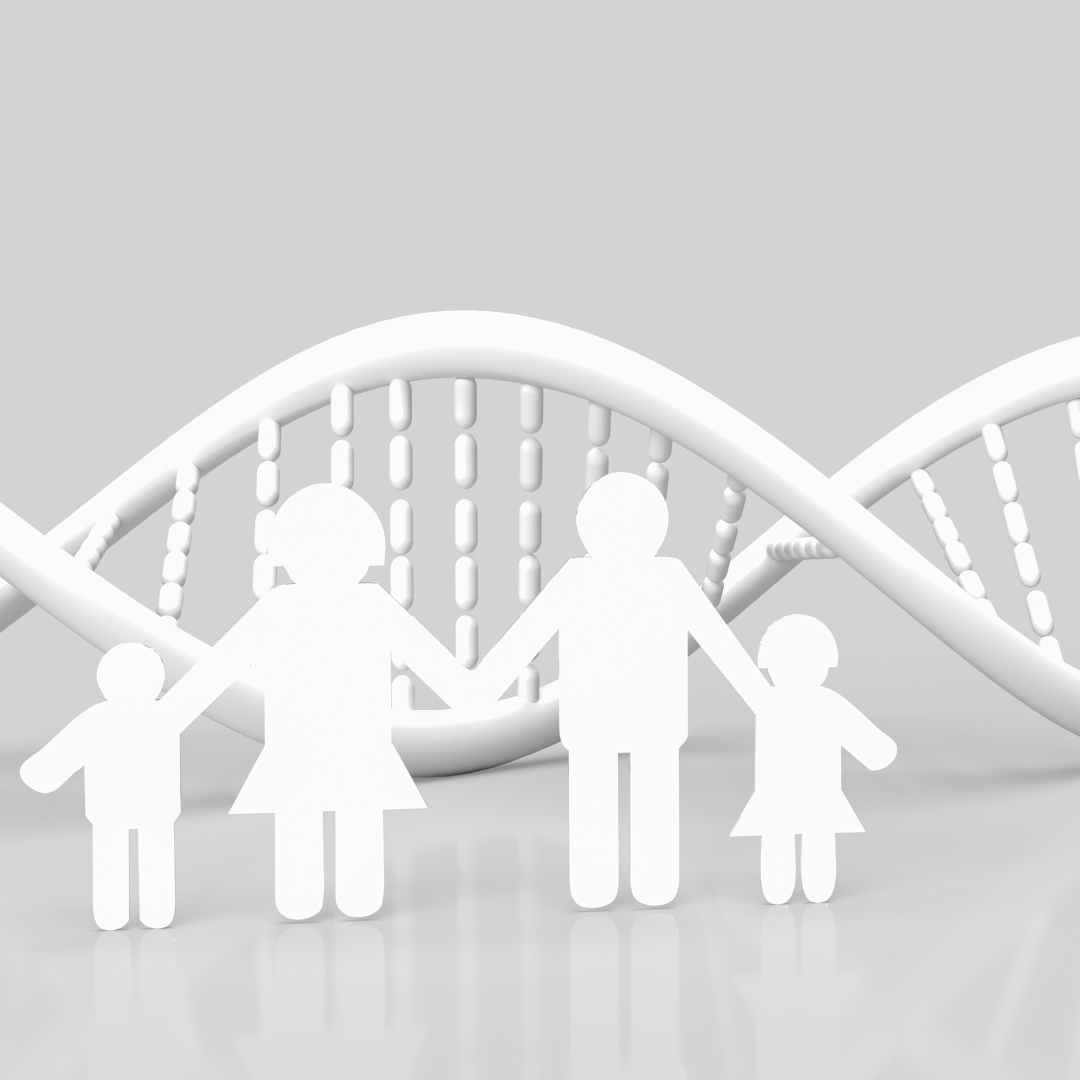
The menstrual cycle and PMS is a natural part of life and the female reproductive system. While their monthly cycle is crucial for allowing women to experience the miracle of creating life, it has its many challenges throughout a woman’s life. As many as 3
in 4 women say they experience symptoms of discomfort on a monthly basis, related to their periods.
PMS, or “premenstrual syndrome” naturally accompanies a woman’s menstrual cycle, causing symptoms from bloating and cramping to irritability and depression. According to Dr. Rudolf Probst, gynecologist:
“The symptoms include changes in the emotions and mood, appetite, sleep patterns, low sex drive and restlessness. You can also experience muscle and back pain, headache, constipation. abdominal bloating, acne flare ups, cramping, tender breasts and diarrhea.”
So, how do you handle the challenges of your menstrual cycle? At what stage does each symptom tend to occur? How long does each symptom last, and what can you do to combat these PMS problems?
Cramping and Bloating: When Do Physical PMS Symptoms Begin?
Some of the most common, and problematic symptoms of PMS are cramping and bloating.
These physical symptoms, along with various emotional issues such as increased anxiety, insecurity, stress, or sensitivity, begin to develop a couple of weeks before your period is due. What many people don’t realise is the worst symptoms of your period can happen long before you start bleeding.
According to Dr. Rashmi Byakodi, “Symptoms often worsen a week before and spike two days before menstruation begins.”
Notably, cramps and bloating can also be made worse by a multitude of accompanying symptoms associated with PMS.
For instance, swelling and inflammation are common in the week before the period, as are changes in appetite, which may cause your stomach to appear swollen if you eat too much. The combination of different physical factors working together in your body means you’re most likely to feel “fat” and “uncomfortable” the week prior to your period.
To make matters worse, your hormones are completely unbalanced during this week too, which can cause you to feel more sensitive, and hyper-aware of your appearance.
Even if you look no different to most people, a higher level of anxiety, and low self-esteem could cause distortions in how you view yourself.

What Happens to Your Mind and Mood During the Menstrual Cycle?
During your menstrual cycle, your body is going through a significant hormonal change. This has a significant impact on your mood and cognitive performance. According to Clair Grayson, psychologist, and the Co-Founder of Personality Max, symptoms can include:
- Mood swings: One moment you’ll feel very happy, and the next you could start crying.
- Depression and anxiety: You’ll feel alone and withdrawn, or extremely nervous about things.
- Poor concentration: You may struggle to focus on anything.
- Irritability: You may feel aggressive for no reason or lash out at others.
- Insomnia: Many women with PMS report feeling unable to sleep normally.
- Appetite: you may have cravings for various foods, or not want to eat anything.
The emotional symptoms of PMS are commonly at their peak during the six days prior to when you start bleeding, and throughout the first couple of days after.
Experts aren’t entirely sure why periods have such an emotional impact on us, but it’s assumed the drop in estrogen and progesterone after ovulation is a trigger. Both of these hormones reduce the production of serotonin – a crucial hormone in mood control, and sleep management.
If you do feel overly emotional during your period, it could be because your serotonin levels are low. If your appetite changes, this could also be linked to serotonin. According to one study, carbohydrates temporarily boost serotonin, which may be why we’re drawn to these “comfort foods” during our periods.
Unfortunately, the effect is only temporary, and can lead to deeper feelings of depression when the short-term results wear off.
How Long Does PMS and the Side-Effects of Periods Last?
The symptoms of PMS generally start to happen after ovulation (about two weeks before you get your period) and worsen within the week leading up to your period. However, this doesn’t mean you’ll stop having any symptoms the moment you start to bleed.
Depending on the nature of your period, you may find you continue to have certain side effects through your “bleeding” stage, including cramps, discomfort, and hormonal issues. Crucially, the symptoms of PMS can also occur throughout the entire month.
According to Kirsty June, MD:
“Symptoms can last for anywhere from a few days to two weeks and usually worsen 6 days before bleeding begins. Many women’s symptoms peak approximately 2 days before the start of the menses. But it is also common that these symptoms can be observed between menses, but not severe compared to when menses are approaching. During the peak of ovulation, this is the symptom-free PMS period.”
Certain factors can also cause PMS symptoms to last longer than normal. For instance, hormonal imbalances can cause significant changes in how we feel. During the first two weeks of your cycle, your estrogen levels start to rise steadily until ovulation, where they begin to increase.
The reduction in estrogen and progesterone after ovulation can also correspond with lower levels of essential nutrients such magnesium, zinc, and chromium, leading to mood swings and anxiety. However, not all menstrual cycles are the same. If your estrogen-progesterone ratio is thrown out of balance, you can experience a heavier period, leading to iron deficiencies, fatigue, irritability, and other common symptoms.

What Makes Menstrual Symptoms Worse?
While most women will experience some PMS symptoms during their menstrual period, some have more significant issues than others. Dr Rudolf Probst even says some issues can be so severe they require medical intervention.
There are various factors which can worsen your PMS, such as:
- Lack of nutrients: Fluctuations in the levels of vital minerals and vitamins such magnesium and zinc during your period can make certain symptoms worse. Taking certain substances such as iron, zinc, and vitamin B12 during your period may reduce issues of anxiety, fatigue, and mood swings for some women.
- Stress: Stress has an impact on virtually every part of the body, at all times of the month. It can also have a powerful influence on your PMS, causing faster changes in your hormone which can lead to fatigue, low mode, and more drawn-out physical symptoms.
- PMDD: Premenstrual Dysphoric Disorder is a serious medical condition which occurs when PMS symptoms are present and intense enough to influence everyday life. This condition affects around 2-10% of women and causes extremely severe symptoms.
If you do have PMDD, your doctor will need to prescribe a specific contraceptive pill which can help to control the symptoms of this condition.
Is There a Way to Reduce PMS Symptoms?
If you feel your PMS symptoms are overly prolonged or persistent, it may be worth speaking to your doctor. If you’re naturally predisposed to hormonal imbalances and stress, this could lead to more significant side effects from your period.
Your doctor may recommend using the contraceptive pill to manage your PMS. The pill delivers hormones in steady doses, making your hormone levels more predictable, and the symptoms of your period less unpleasant. The right pill can address issues such as irregular and heavy periods, which can cause severe discomfort for some women.
PMS can also reduce your exposure to prostaglandin during your period (the hormone which makes the uterus contract). Depending on the kind of contraceptive pill you get, you may also be able to reduce your symptoms of acne, mood swings, and anxiety.
Aside from taking the pill, you can also try:
- Relaxation: PMS can be a stressful experience, but stress will also make your symptoms worse. Finding ways to relax with hot baths that relax the muscles and reduce the discomfort of cramping, or meditation to ease your mind can make the symptoms easier to manage.
- Healthy eating: Your diet plays an important role in your experience of PMS. While it’s often difficult to ignore cravings, your aim should be to get plenty of fresh produce, vitamins, and minerals during your cycle. It’s also worth cutting out sugars, carbohydrates, and products which may make cramping and bloating worse (such as dairy).
- Natural remedies: Natural remedies including supplements with zinc and chromium can help with low moods and cravings. Magnesium can reduce the impact of stress and sleep deprivation too. You can also try natural remedies such as hot water bottles and teas to soothe cramps, aching, and bloating.
Manage your Monthly Cycle
Periods are one of the less appealing parts of life as a woman, unfortunately, they’re also something we have to deal with for a significant portion of our lives.
Learning what you can expect from your symptoms, and how you can manage the discomfort is a good way to gain some control over your menstrual cycle.
Why not learn more about your body? A DNA test from CircleDNA can help you to get to know your body a little better, so you can look after yourself better.







This Post Has 2 Comments
Comments are closed.